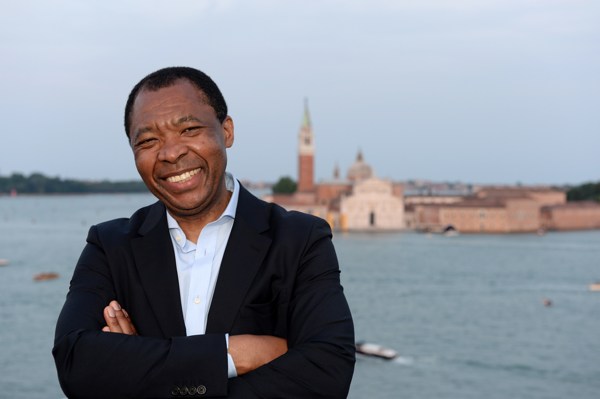Art World
Haus der Kunst Will Face Independent Audit Over Scientology Controversy
Nevertheless, the museum employee council thinks there is more to do.
Nevertheless, the museum employee council thinks there is more to do.
Henri Neuendorf

An external auditor is being brought in to investigate allegations of mismanagement at Munich’s Haus der Kunst. The move comes as an attempt to stabilize the institution after complaints about decades of poor treatment and work conditions at the hands of a human resources contractor with links to Scientology broke into public (for the specifics of the controversy, see artnet News’ previous coverage).
Now, in the face of the long-brewing controversy, Bavarian interior minister Ludwig Spaenle has declared that an independent audit of the museum is at the top of his agenda, calling it the most important step towards the clarification of a tense situation. According to Süddeutsche Zeitung, the audit is expected to be complete by April 26, the day Spaenle has assigned for an extraordinary meeting of the Haus der Kunst supervisory board, during which time restructuring measures are expected to be discussed and adopted.
This plan has, in turn, attracted criticism of its own. For one, the museum’s employee council criticized the government’s choice of auditor, pointing out that the relatively small and obscure firm was appointed by neither the Bavarian culture ministry nor the museum supervisory board, but by the Haus der Kunst’s own management—the same management that is already under fire for allowing the contractor to carry out unethical human resource practices for decades in the first place.

Haus der Kunst director Okwui Enwezor is under scrutiny. How much did he know? Photo: Giorgio Zucchiatti.
Isabell Zacharias, the opposition representative in the Bavarian state assembly who first made the allegations of mismanagement public, criticized the government’s lackluster response. “Why isn’t the role of the wider management under more scrutiny?,” she asked at a hearing of the Bavarian state culture committee. “What about the director [Okwui Enwezor]? And what about the two former directors [Chris] Dercon and [Christoph] Vitali, who are not being held accountable? I find this indecent.”
Oliver Jörg, deputy chairman of the same committee and a fellow member of Spaenle’s ruling CSU party, said he was “surprised by the management’s attitude.”
Michael Piazolo, an independent and chairman of the state culture committee, expressed his astonishment that “no one from the management of the museum is at the hearing when the Haus der Kunst is being discussed here with the minister.”
He added that he couldn’t understand why the museum’s management took so long to act. “I say this as a lawyer with full understanding of complex legal situations: with a case like this, there is a faster solution.”
The hesitation to act, Piazolo said, has damaged the international reputation of the Haus der Kunst.
It also seems that the museum is in no rush to begin the audit and limit further reputation damage. According to Süddeutsche Zeitung, after a brief visit, the boss of the consultancy appointed to perform the Haus der Kunst audit—who wants to handle the case personally—left Munich for a vacation.